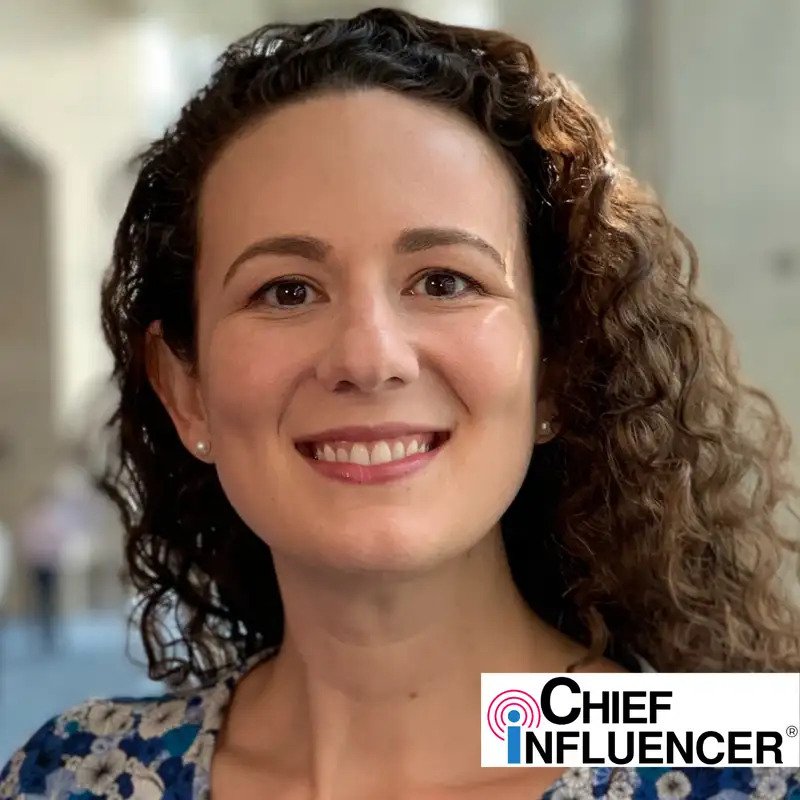Anne Rancourt is the Communications Director at the National Institute on Drug Abuse, otherwise known as NIDA, where she oversees communication of the world's largest investment in research on drugs and addiction. Joining Anne is special guest Host Dr. Liesl Riddle, Dean of the George Washington University College of Professional Studies. Anne shares the importance of listening in every communications plan, why communicators should adopt a long-term view of their messaging and tactics, and how to be a great mentor for your team.
Takeaways:
- Despite all of the technological tools available to modern communicators, the most important is listening. Communicators should be listening to their audience from the start of an initiative and at every successive step of that initiative.
- Anne highlights a great example of why listening is so important when recounting the impact of hearing from the community who are working on the frontlines of the drug overdose crisis. Through listening, Anne heard ways that NIDA could better assist in addressing overdose and drug addiction. This also highlights how leaders can give a voice to those without a voice by listening intently.
- Often, the feedback that is hard to listen to is what can inspire the best ideas and solutions. Pay attention to harsh feedback when you get it because that is when you will hear the truths and real information you need to succeed.
- Communicators should adopt a more iterative approach to their messaging and tactics. Recognize that executing the tactic is not the end goal and treat it like an ongoing process that can be adjusted over time to improve results.
- In a post-pandemic world, the impact of showing up to events and meeting people in person is now more effective than ever. Showing up in person is a powerful symbol of how important a person or meeting is.
- Leaders need to show up as their whole selves. The best way to lead and communicate with your team is to be authentic to who you are. Don’t feel you need to take on an archetypal role, just be yourself.
- As a leader, it is essential to provide mentorship opportunities to your team. Encourage them to step into new and unfamiliar situations, providing them with the necessary tools and support, while also instilling trust and belief in their abilities. This enables them to grow and prove themselves, ultimately fostering a strong pipeline of talent for the future.
Quote of the Show:
- “It can be tough to hear feedback, especially when it's not glowing, but that's really when you have to pay attention because that's when you get the real information on how you can do a better job” - Anne Rancourt
Connect with Anne:
- LinkedIn: https://www.linkedin.com/in/annerancourt/
- National Institute on Drug Abuse: https://nida.nih.gov/
Connect with Dr. Liesl:
Shout Outs:
- Professor Lawrence Parnell: https://www.linkedin.com/in/lawrence-j-parnell-4586a74/
